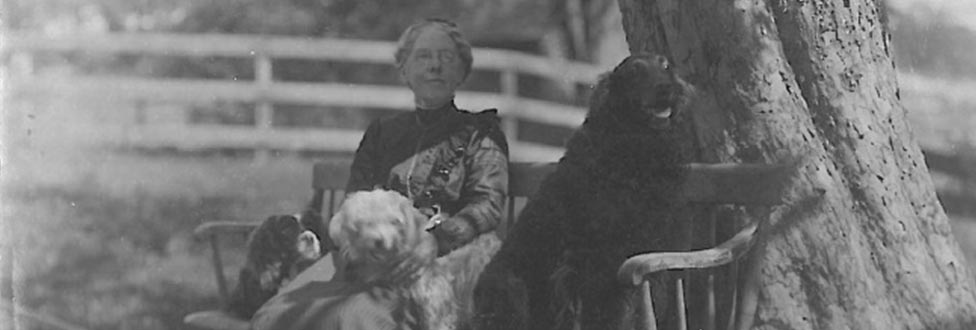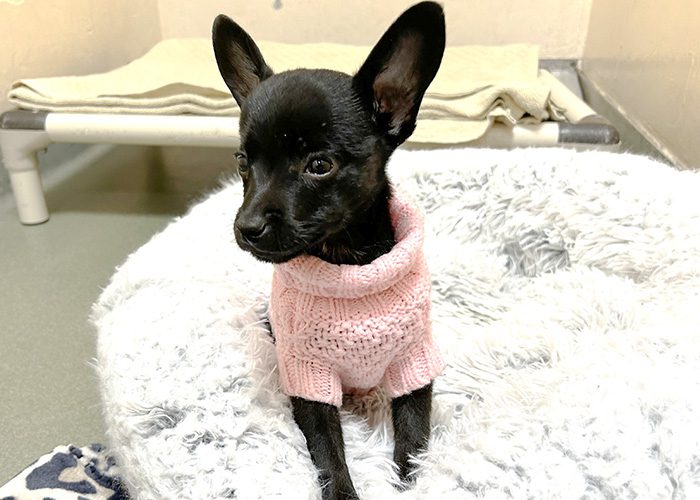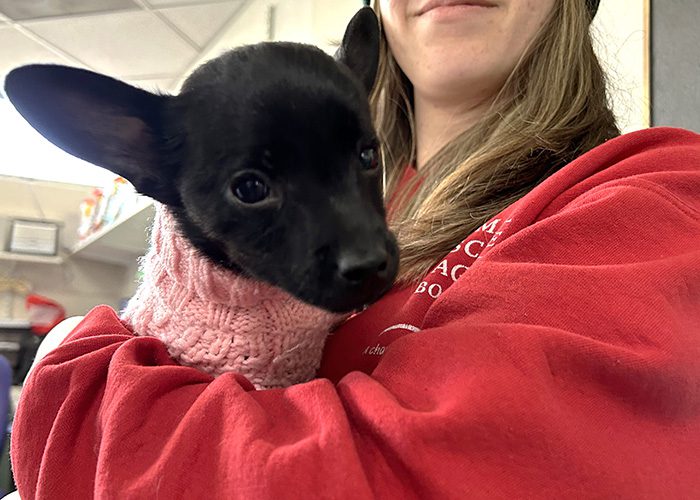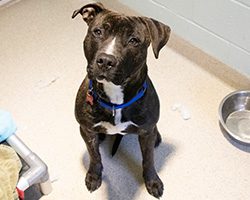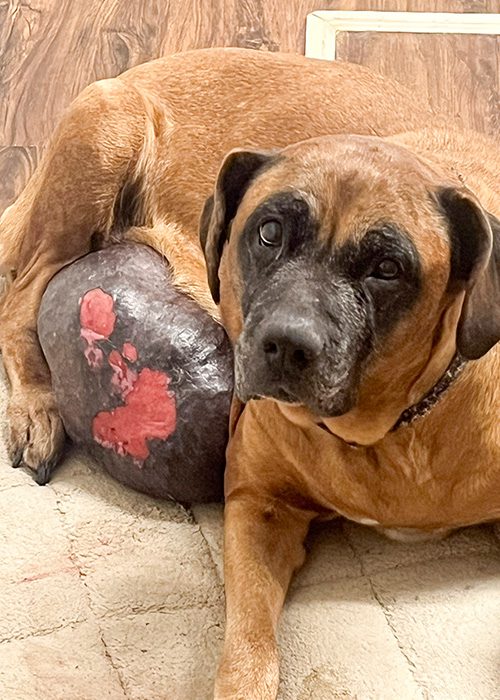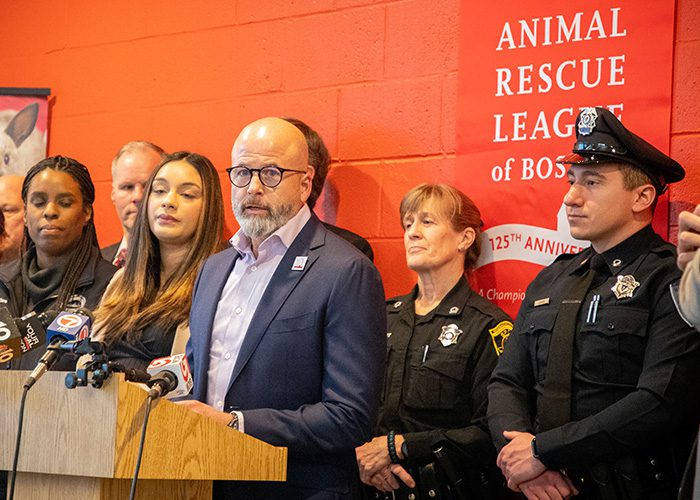International Women’s Day: Anna Harris Smith, ARL’s Founder Ahead of Her Time
Anna Harris Smith Founded ARL in 1899
Today, March 8, marks International Women’s Day, a global day to acknowledge and celebrate the social, economic, cultural, and political achievements of women.
Anna Harris Smith, the founder of the Animal Rescue League of Boston (ARL), was a strong, compassionate, and persistent woman, who decided to change the landscape of animal welfare in the United States – 21 years before she had the legal right to vote.
A social worker from Dorchester, she took action after seeing the cruel mistreatment of Boston’s working horses and the hordes of stray and homeless animals living on the streets.
Appalled by what she was seeing on a daily basis, Anna Harris Smith penned an editorial for the Boston Evening Transcript, where she advocated for a centrally located shelter facility for the rescue and care of homeless cats and dogs and remarked, “While getting dogs and cats off the street is work worth doing, the teaching of thoughtful kindness is the work that changes families, communities, and a nation.”
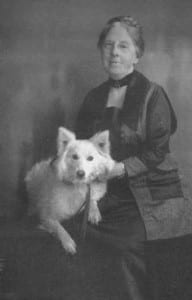
Anna Harris Smith
In February 1899, 110 people gathered at the Park Street Church in Boston for the very first meeting of the Animal Rescue League of Boston, and soon after opened the first shelter in the City of Boston, located at 68 Carver Street.
In 1907, Anna purchased a sprawling property in Dedham to serve as a sanctuary for working horses and homeless animals, and ARL’s Dedham campus continues to serve thousands of animals in need every year.
Through Anna’s fervor for humane education, and the growing impact of her work for animals in need, communities across the United States began to take notice, and used ARL as a model of how to form their own rescue societies.
Anna Harris Smith wrote and lectured extensively, tackling a host of humane issues of the time including the abandonment of pets, the abuse of working horses, transportation of livestock, and the importance of humane education for children.
In the first decades of the 20th-century, ARL’s work grew and Anna Harris Smith’s legacy was cemented.
Upon her passing in 1929, the American Humane Association stated “The passing of Mrs. Smith removes the outstanding woman in the history of animal protection in America. So long as humane history is preserved there will stand out among its records the name and fame of Mrs. Smith.”
A Lasting Legacy
Anna Harris Smith’s motto was “kindness uplifts the world”, the cornerstone on which ARL was built.
ARL has expanded greatly since Anna Harris Smith’s passing and as animal welfare evolves over time, one thing remains constant – the resolve and dedication by every ARL employee and volunteer to continue to honor her memory to uplift the world by one act of kindness at a time.

